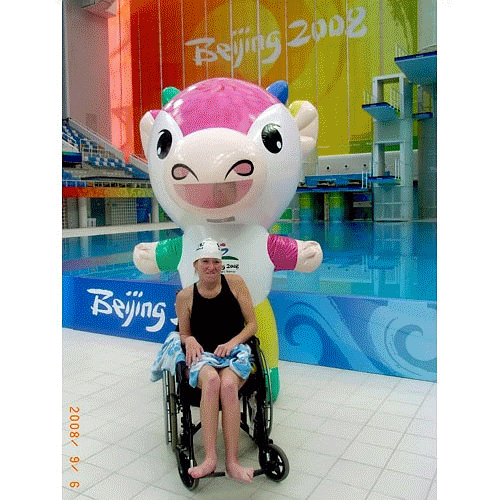Latest News Archive
Please select Category, Year, and then Month to display items
09 December 2020
|
Story UFS entral academic advising team
|
Photo Pixabay

It wasn’t easy, but we all got to this point because we stayed calm and made the effort to learn on even when it was difficult.
The University of the Free State (UFS) has remained committed to supporting you in every way possible, and as you prepare for the final assessments, remember to access the support tools you will need in order to successfully complete the 2020 academic year: https://www.ufs.ac.za/toolsforsuccess
Main exams are running from 30 November to 19 December 2020
All of the best, and break a pen in your upcoming final assessments. For those of you who will be graduating, we cannot wait to see you in that graduation attire; and those who still have some way to go, we cannot wait to serve you again in 2021 as we continue the pursuit of academic success!
Below are five main study tips that you can use for final assessment success:
1. Set a realistic study schedule
You might think that studying for eight hours straight for four days before the exam, will help you get through the work in time. See final edition of the #UFSLearnOn for more information.
2. Structure and organise your work
If your notes are organised, it is also easier for your brain to recall information, even when you become nervous during exams.
3. Practise with an old exam/semester test paper
Practice makes perfect, and although the final assessments might look different in how they are administered, it will still help to practise using old tests and exams.
4. Adapt your strategies to the content
What works for one module or even one learning outcome, might not be effective for another. You need to continually adapt your note-taking and study approaches. See #UFSLearnOn final edition for different study methods.
5. Healthy body, healthy mind
Your brain needs optimal care to perform at its best, and getting physically active (even if it is by jumping in one spot if space is limited) forces your body to release neurotransmitters responsible for positive emotions, which assist in retaining information in your memory …
Download the final edition of #UFSLearnOn that points you towards the resources you’ll need to ace your final assessments and end 2020 off on a high note!
Sarah, our own champion
2008-11-05
 |
| Sarah Shannon at the Paralympic Games in Beijing |
Sarah Shannon, a second-year student in the Postgraduate Certificate in Education, has been involved in disability sport on national level for the past 12 years. Sarah has cerebral palsy.
In 1996 she participated at the South African National Championships for the physically disabled for the first time, entering for several sporting codes and winning five gold medals. In swimming she participates in the S3 class together with other swimmers that have comparable abilities to hers.
In 1997 she decided to focus on swimming competitively. She participated in her first national championships for swimming that year. After that (1998) she represented South Africa on international level at the International Paralympic Committee’s (IPC) Swimming World Championships in New Zealand where she ended 4th in the 50m backstroke and 7th in both the 50m and 100m freestyle in her class.
In 1999 she represented South Africa in Johannesburg at the 7th All Africa Games and won a silver medal for the 50m freestyle and a bronze medal for the 100m freestyle.
In 2000 she was part of the South African team at the Sydney Paralympic Games where she reached the finals and finished 7th in the 50m backstroke and 8th in the 50m freestyle. Northern-KwaZulu-Natal also awarded her the Junior Sportswoman of the Year award in 2001. In 2002 she participated at the South African Senior National swimming championships for KwaZulu-Natal in the multi-disability category.
In 2005 she completed the Midmar Mile. She also represented South Africa at the world championships for athletes with cerebral palsy in Boston in the United States of America. She won two gold medals for respectively the 50m freestyle and the 50m backstroke and two silver medals in the 100m and 200m freestyle. She was also nominated to represent South Africa as athlete’s representative on the world committee of CPISRA (Cerebral Palsy International Sports and Recreation Association). In this year Sarah also received the KwaZulu-Natal Premier’s Sportswoman with a disability award of the year.
In 2006 she qualified for the IPC world championships but could not attend.
In 2007 she represented South Africa once more at the Visa Paralympic World Cup in Manchester in the United Kingdom where she broke the South African record in the 50m backstroke, finishing 7th in the 50m freestyle and 6th in the 50m backstroke.
She was also part of the very successful Team South Africa to the Paralympic Games in Beijing. She reached the finals in both the 50m backstroke and 50m freestyle. She finished 7th in the 50m freestyle and 6th in the 50m backstroke in personal best times for both events. She has been participating in the able bodied South African National Swimming Championships since 2002. She is currently ranked 2nd in the world for short course items and 11th for the long course items. She is truly our best swimmer in the S3 class.